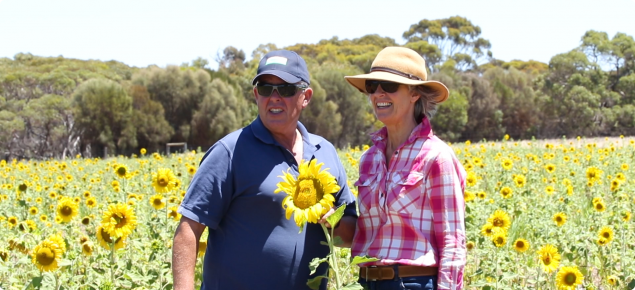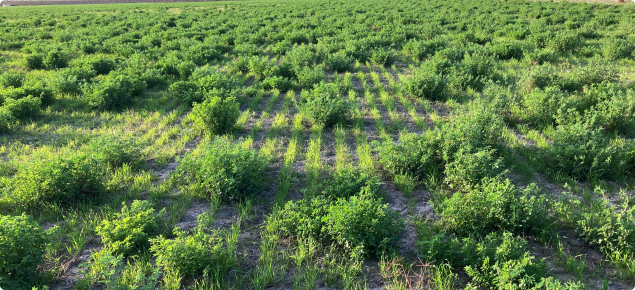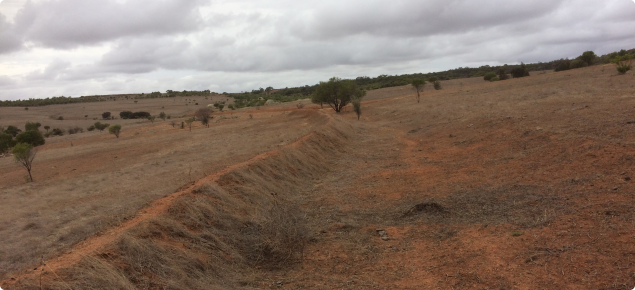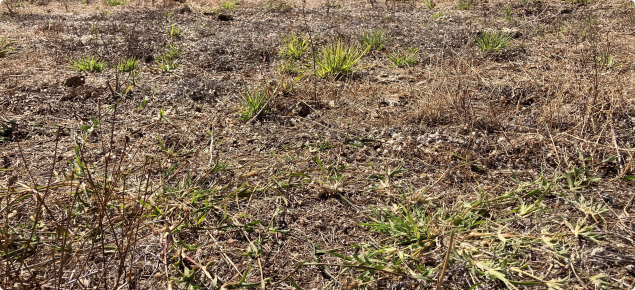Principles
Six principles guide the regenrative approach:
- Keep the soil covered.
- Minimise soil disturbance.
- Keep living roots in the soil for as much of the year as possible.
- Encourage diversity.
- Integrate animals.
- Reduce or eliminate where possible the use of synthetic compounds that restrict biodiversity.
The principles focus on generating high biodiversity levels, particularly below ground microbial diversity. Whilst photosynthesis, carbon based plant root exudates and soil microbes drive the regenerative system high biodiversity turbo-charges it.
Natural processes
The principles seek to integrate biological and ecological processes including:
- photosynthesis and the capture of carbon from the atmosphere
- sequestration of atmospheric carbon into the soil microbiome through plant root exudates
- capture of atmospheric nitrogen through symbiotic and free living n fixing bacteria
- nutrient exchange and cycling faciltated by soil microbes particularly fungi
- disease suppression through microbial species diversity and diversity of function
- increased water infiltration rates through improved soil structure
- increased water holding capacity through increased soil organic matter and soil organic carbon.
Practices
A wide range of practices are used by proponets many of which are considered good farming in current conventional systems.
Practices include, but are not limited to, no and zero-till machinery such as knife points and discs, the use of biostimulants, multi-species cover crops, stubble retention, planned holistic grazing, buffering herbicides with humates and fulvic acids, perennial pastures, alley farming setups, foliar sprays for nutrients, multi species winter cash crops, surface water management to slow water down across the landscape to support plant growth and others.
The practices used are not a one size fits all but need to be chosen and adapted to the farming environment they are being used in. Factors such as climate, soil type, landscape position, enterprise mix, markets and individual preferences need to be considered.
DPIRDs contribution to regenerative agriculture and regenerative pastoralism
DPIRD supports the development of regenerative agriculture and pastoralism through i) research and development, ii) information, education and training and iii) legislative responsibilities.
We invest in many areas to support the sustainability and profitability of the agriculture sector in Western Australia:
- Future farming systems for the eastern wheatbelt
- Western Australian carbon farming and land restoration program
- Regenerative agriculture case studies
- Climate ready agriculture in Western Australia
- reducing subsoil constraints
- groundcover and soil stability for wind and water erosion control
- land-use planning, land capability and land suitability analyses
- legislative responsibilities (principally the Soil and Land Conservation Act 1945).
Other information
There are many websites, not-for-profit and non-government organisations that provide information and services that are relevant to regenerative agriculture and regenerative pastoralism. We suggest you read widely and critically assess the available material. Contact the people below if you have questions.




